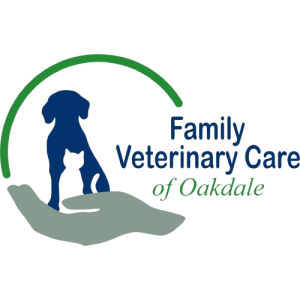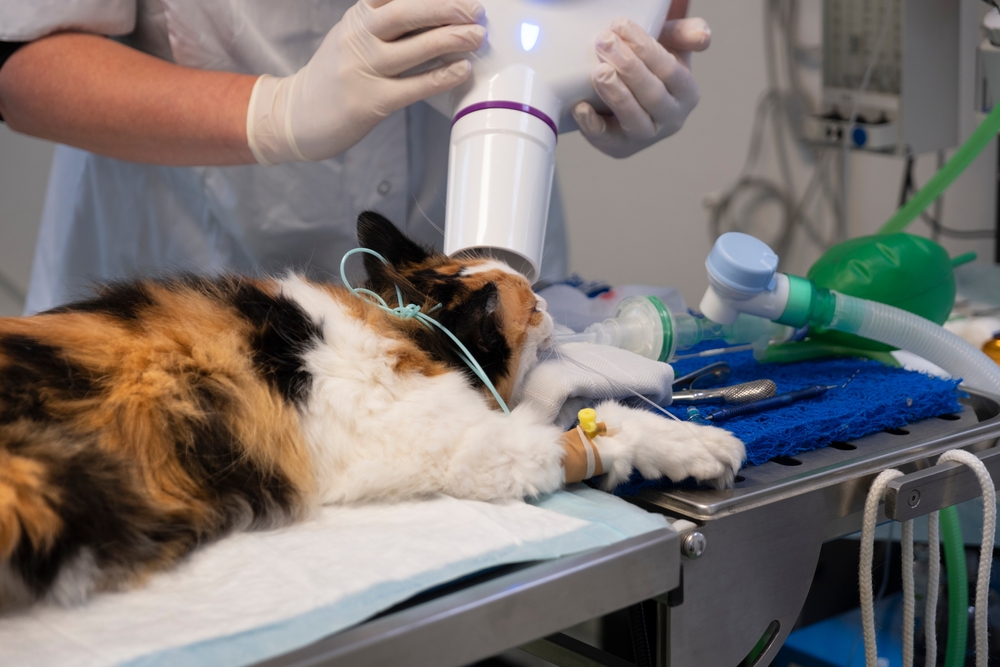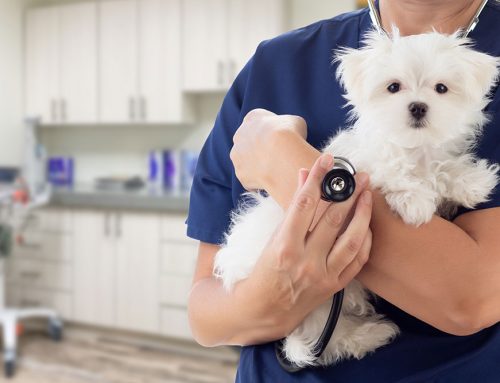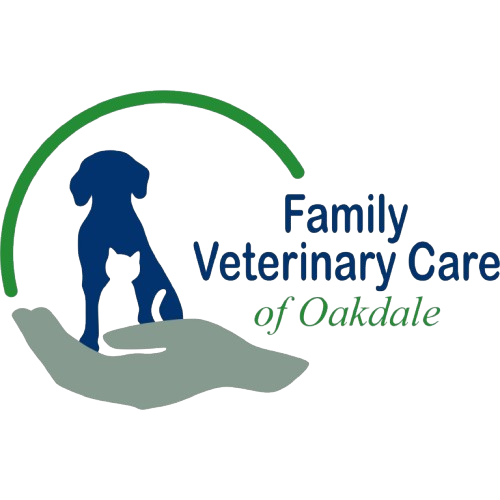How Technology Is Transforming Veterinary Medicine
Innovation in Action
Veterinary medicine has always been a blend of science, skill, and adaptability. But in recent years, technology has stepped up in a major way—reshaping diagnostics, streamlining workflows, and even changing the way veterinary teams collaborate.
From AI-assisted imaging to wearable health monitors for pets, these innovations are designed to enhance precision, improve patient outcomes, and support veterinary professionals in delivering top-tier care.
New technologies are also helping with efficiency, reducing administrative burdens, and improving communication between veterinary teams and pet owners. Whether it’s through cloud-based medical records, automated appointment scheduling, or digital prescription management, the future of veterinary care is becoming more connected, accurate, and accessible.
Smarter Diagnostics at the Point of Care
Portable Imaging Tools
Handheld ultrasound devices like Clarius and Butterfly iQ Vet provide real-time imaging without bulky equipment or long wait times. These compact tools allow for faster assessments and more efficient case management.
Digital Stethoscopes
Advancements like the 3M Littmann CORE and Stemoscope amplify and record heart and lung sounds, improving diagnostics—especially in noisy clinical settings.
Wearable Monitoring Devices
Smart collars and tracking systems like Voyce and PetPace continuously monitor vital signs, helping veterinarians detect subtle changes in patients’ health—even outside the clinic.
AI-Powered Support for Faster, More Confident Diagnoses
Artificial intelligence is playing a growing role in veterinary diagnostics, acting as a powerful support system rather than a replacement for clinical judgment.
Smarter Imaging with AI
Platforms like SignalPET assist in radiograph interpretation by quickly flagging potential abnormalities. AI is also making strides in digital pathology and lab diagnostics, with tools like VetGuardian streamlining analysis.
AI-Assisted Cytology and Pathology
Companies like Zoetis, Idexx, and more use specialists plus AI to analyze cytology slides, offering near-instant results for conditions like infections, tumors, and inflammatory diseases. This can significantly speed up decision-making in urgent cases.
Reducing Mental Fatigue
By assisting with repetitive tasks and providing an extra layer of review, AI tools help reduce cognitive strain—so veterinary professionals can focus on patient care with confidence.
Telemedicine & Remote Collaboration
Technology is also transforming how veterinary teams connect with specialists and pet owners.
Faster Access to Expertise
Teleconsulting platforms like VetCT, VetNOW, and networks such as the VVCA allow for faster specialist input, helping veterinarians make informed decisions without unnecessary delays.
Remote Patient Monitoring
Some telemedicine platforms are integrating with wearable devices to provide ongoing health monitoring, particularly for pets with chronic conditions. This allows for real-time updates and early intervention when issues arise.
Reducing Administrative Burdens with Smart Documentation
More Efficient Charting
Software solutions like Scribenote, ScribbleVet, and CoVet help streamline medical records with voice-to-text entries, automated SOAP templates, and task tracking.
Automated Scheduling and Client Communication
Tools like AllyDVM and VitusVet automate appointment scheduling, send reminders, and facilitate client communication—helping reduce phone call volume and missed appointments.
Digital Prescription Management
Platforms like Vetsource and Covetrus streamline medication ordering, approvals, and home delivery, making prescription management more efficient for both clinics and pet owners.
The goal?
Less time spent on paperwork, fewer missed details, and more time spent practicing medicine.
Technology That Supports the Veterinary Profession
Innovation in veterinary medicine isn’t just about efficiency—it’s about sustainability.
Reducing Burnout & Improving Workflows
By reducing administrative burdens, enhancing diagnostics, and improving patient monitoring, new technology has the potential to ease stress and support long-term career satisfaction for veterinary professionals.
Training & Continuing Education
Platforms like VetBloom and NAVC’s VetFolio provide on-demand training and certification courses, allowing veterinary professionals to stay up-to-date on emerging technologies and best practices.
At Family Veterinary Care of Oakdale, we believe in staying informed about advancements that make a real impact. As veterinary medicine evolves, we remain committed to learning, adapting, and ensuring that both our patients and our team benefit from the best tools available.











Leave A Comment